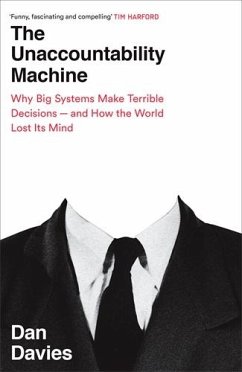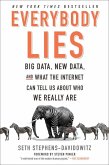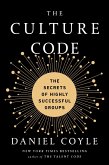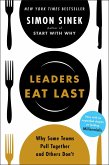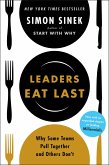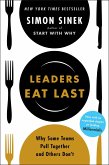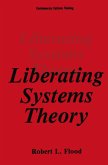§LONGLISTED FOR THE FINANCIAL TIMES AND SCHRODERS BUSINESS BOOK OF THE YEAR 2024
A NEW STATESMAN BOOK OF THE YEAR 2024
A FINANCIAL TIMES BOOK OF THE YEAR 2024
'A great book ... a wonderful way of talking about our current world' Rory Stewart
'Entertaining, insightful ... compelling' Financial Times
'One of the most insightful books I've read in a long time' Sam Freedman
'The kind of book from which you look up to find the world suddenly more comprehensible. Also, it's about ten times funnier than any book about management has the right to be' Guardian
When we avoid taking a decision, what happens to it? In The Unaccountability Machine, Dan Davies examines why markets, institutions and even governments systematically generate outcomes that everyone involved claims not to want. He casts new light on the writing of Stafford Beer, a legendary economist who argued in the 1950s that we should regard organisations as artificial intelligences, capable of taking decisions that are distinct from the intentions of their members.
Management cybernetics was Beer's science of applying self-regulation in organisational settings, but it was largely ignored - with the result being the political and economic crises that that we see today. With his signature blend of cynicism and journalistic rigour, Davies looks at what's gone wrong, and what might have been, had the world listened to Stafford Beer when it had the chance.
A NEW STATESMAN BOOK OF THE YEAR 2024
A FINANCIAL TIMES BOOK OF THE YEAR 2024
'A great book ... a wonderful way of talking about our current world' Rory Stewart
'Entertaining, insightful ... compelling' Financial Times
'One of the most insightful books I've read in a long time' Sam Freedman
'The kind of book from which you look up to find the world suddenly more comprehensible. Also, it's about ten times funnier than any book about management has the right to be' Guardian
When we avoid taking a decision, what happens to it? In The Unaccountability Machine, Dan Davies examines why markets, institutions and even governments systematically generate outcomes that everyone involved claims not to want. He casts new light on the writing of Stafford Beer, a legendary economist who argued in the 1950s that we should regard organisations as artificial intelligences, capable of taking decisions that are distinct from the intentions of their members.
Management cybernetics was Beer's science of applying self-regulation in organisational settings, but it was largely ignored - with the result being the political and economic crises that that we see today. With his signature blend of cynicism and journalistic rigour, Davies looks at what's gone wrong, and what might have been, had the world listened to Stafford Beer when it had the chance.

